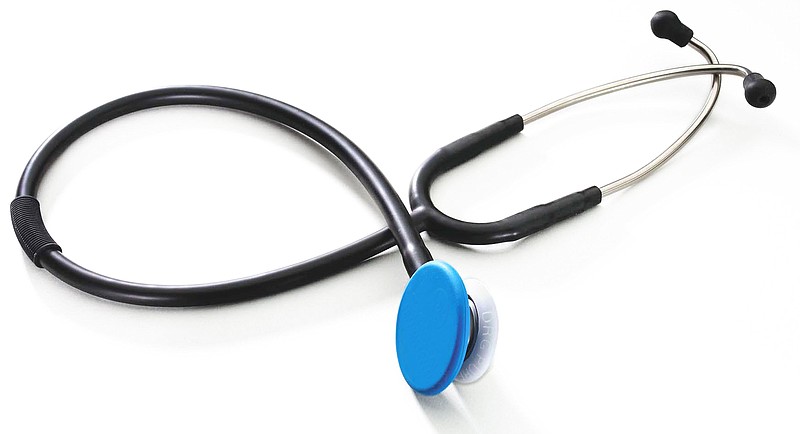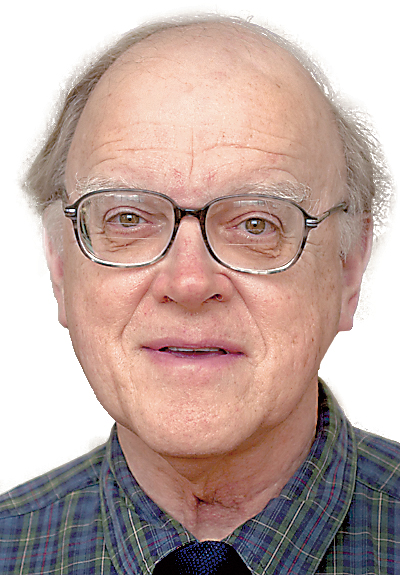My first migraine struck at age eight, pain so severe that I recall it to this day. The attack prevented my attending a circus performance I had anticipated for weeks.
Thereafter and for the next several decades, migraines would strike infrequently and unpredictably. Severe pain, nausea, aversion to light and despair were the hallmarks of an episode, which would usually awaken me before dawn. Sometimes I could tough out an attack with an ice bag and rest in a dark room.
Consultants along the way recommended various medications to prevent or to shorten an attack once it began. Nothing worked consistently. I avoided the use of any opiate for fear of addiction. A few times I was disabled for a day. If an attack began at home, my wife's gentle ministrations guided me back. Sometimes the kind attention of a friend or colleague would help pull me through an attack that began at work.
The attacks stopped years ago. I could pinpoint no reason for the let-up. Then last week, out of the blue, a migraine awakened me at 4 a.m. Ibuprofen, coffee, a cold compress and the gentle care of my wife cleared the pain in a couple of hours.
As I recovered from the attack, I recalled another occasion of severe, disabling pain that I had experienced. Two-plus years ago, a herniated lumbar disc in my back brought intense pain that did not abate despite all the standard remedies - epidural injection, physical therapy, bed rest, medication. I gladly submitted to surgery after weeks of failed alternatives.
The problem was my lifelong fear of general anesthetic. On the morning of surgery, I rested on a gurney in a pre-operative staging area at the hospital, trying to calm myself and not evince the deep fright I felt. A nurse who had occasionally worked with me in the care of patients when I was practicing medicine appeared. I had not seen her for years.
"Dr. Cleaveland, do you mind if I say a prayer for you?" she asked.
She held my hand as she whispered a prayer. I do not recall the precise words. I do recall a sense of calm until I was eased asleep for surgery that immediately relieved the pain, which has not recurred. As vital to me as the neurosurgeon's skill was the relief of a despairing anxiety prior to my entry into the surgical suite.
In a lengthy career in clinical medicine, I witnessed countless acts of gentle mercy delivered by family members, friends, nursing staff from aides to RNs, religious counselors and strangers. An attentive person can recognize fear and pain even when there is no overt expression of it.
During my training, a physician with whom I was making rounds sat down and shared a cigarette with a patient with whom he had just shared a grim prognosis for the man's leukemia. Our tight schedule was suborned to the man's comfort.
In the immediate hours after 9/11, I witnessed a nurse feed a bowl of soup to a weak, homeless man who had wandered into her clinic. His immediate plight became her priority.
Female friends of a woman recently widowed by a car crash took over the care of her home and children while she coped with her grief.
The massacre in Orlando and daily acts of terrible violence portray a species that might seem beyond any hope of a peaceful, fulfilling existence. A vast, diverse counterculture of love speaks to another reality where every life matters, where pain or loneliness or despair are to addressed personally by whomever is closest to the need.
Members of this coalition are not restrained by artificial barriers of skin color, creed, nation of origin or sexual orientation. Their motto is straightforward: I am here, and I will help you.
Contact Clif Cleaveland at ccleaveland@timesfreepress.com.

